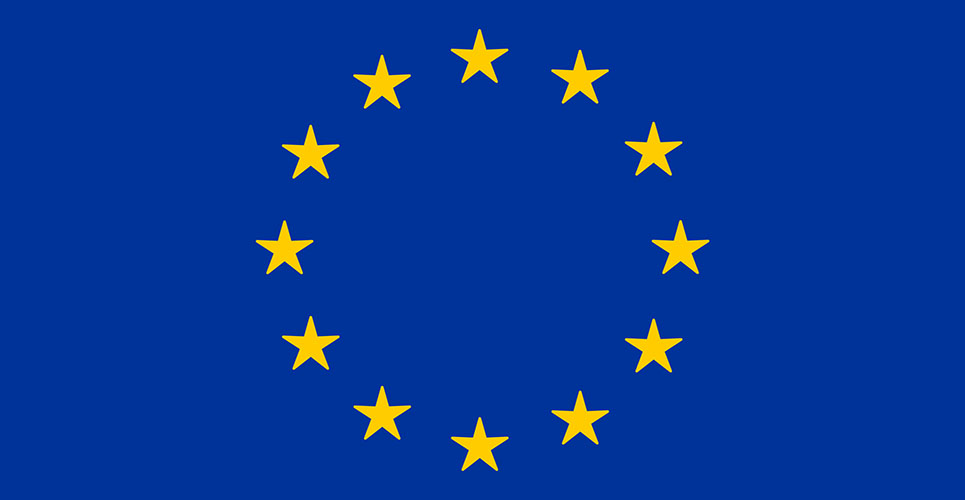teaser
The European Union and individual EU states have clashed over the development and ownership of pharmacies. Brian Edwards of Sheffield University looks at recent and current judgments
Brian Edwards
CBE
Emeritus Professor of Healthcare Development
University of Sheffield
UK
Former President
HOPE (European Hospital and Healthcare Federation)
Brussels, Belgium
The European Commission has been arguing for some years now that national rules that regulate the ownership and distribution of pharmacies are often not consistent with the laws relating to the European Internal Market. Infringement proceedings were initiated three years ago against a number of countries. In the case of Italy the Commission objected to a ban on the acquisition of retail and community pharmacies by companies active in the distribution of drugs as well as rules that reserved the ownership of pharmacies to professional pharmacists. Italy justified these rules on the grounds of public interest but the Commission were not convinced and considered that these rules went beyond what was necessary to achieve the objective of public protection.[1]
In so far as Spain was concerned the Commission objected to territorial planning rules with a population base of between 2,800–4,000 inhabitants and a 250 metre gap between premises. Some autonomous communities in Spain also gave priority in granting new licences to professional pharmacists in the same community which the Commission thought to be discriminatory. Like Italy only professional pharmacists could claim ownership.
Austria had a rule that non-Austrians could not be authorised to operate a pharmacy unless it had been open for more than three years and no one could open one in an area that did not have a doctor’s surgery. They too had territorial limits and a ban on anybody owning more than one pharmacy which effectively blocked the development of chains.
In most cases the governments have amended their national rules to comply with European law but individual cases are still being dealt with by the European Court. In a recent case involving the Spanish province of Asturias two pharmacists, Mr Blanco Perez and Ms Chao Gomez, argued that they were being denied access to independent professional activity by territorial planning laws whilst pharmacists already established in the market benefitted. The government argued that in preventing pharmacists setting up in areas that were already adequately provided with pharmaceutical services applicants were diverted to parts of the national territory where pharmaceutical services were lacking and this was in the wider public health interests of the whole community.
The court has ruled in a preliminary judgement that European law did not preclude national legislation which limited the issuing of licences to open new pharmacies within a framework of one per 2,800 inhabitants if it were justified on the grounds that it ensured adequate pharmaceutical services were available to the whole community.[2]
On the basis of this judgement the planning and development of pharmaceutical services does not automatically lead to a breach in European law. However restriction on ownership by number or profession will be problematic as will granting individuals already practicing in a particular community special and preferential rights.
Those who believe in the power of a free European market will be dismayed by this judgement but those who argue that health services need to be planned with the interests of the whole community in mind will be pleased. Health fits uncomfortably with complete market freedoms as those individuals or communities that the market fails to serve still need some degree of protection.
References
1. Internal Market. Infringement proceedings concerning Italy, Austria and Spain with regard to pharmacies. IP/06/858.28/06/2006.
2. Judgement of the Court. Cases C-570/07 and C-571/07.1st June 2010.

